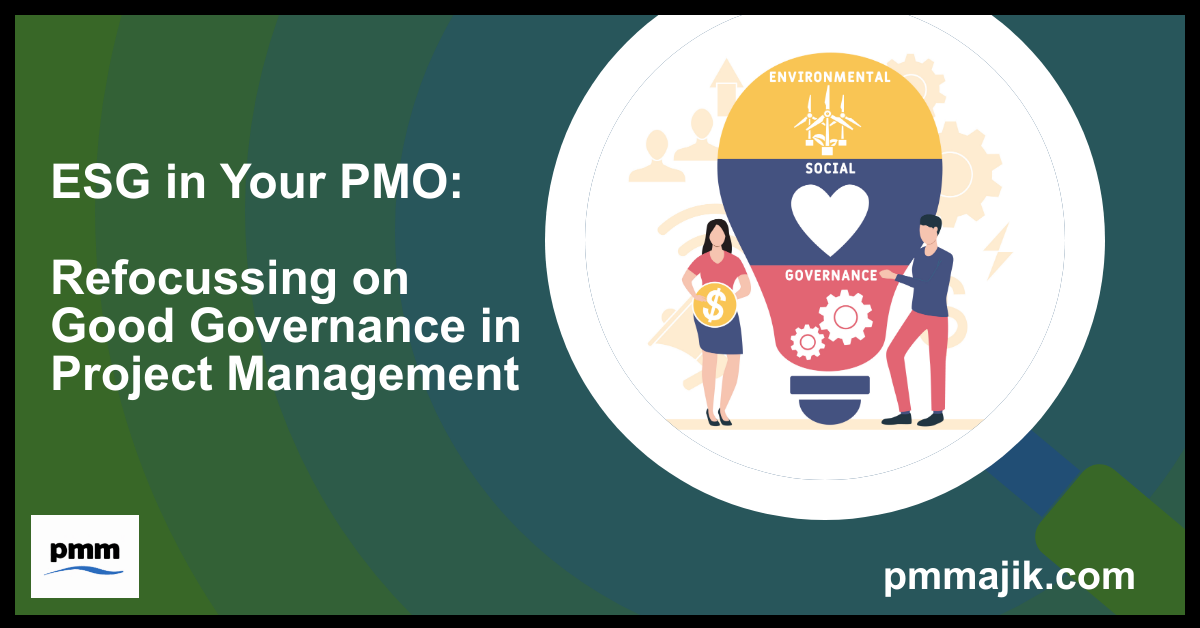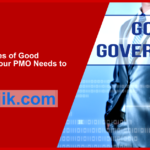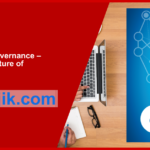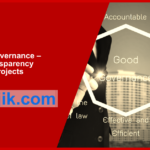The primary reason a project management office (PMO) exists is to ensure strong governance over a range of projects. It may be integral to the purpose of your office but you may need to refocus on good governance in project management to meet ESG standards.
ESG, or environmental, social and governance considerations, are a hot topic in the corporate world. Having strong ESG embedded in a business and your projects will see a healthier bottom line and a better business.
Governance is a significant part of the work of a PMO, yet it’s worth refocussing on the issue and ensuring everyone you work with fully understands it. We’re going to help you bring the spotlight back to governance, by looking at:
- What project governance means in practice
- Assessing whether a project has effective governance
- Improving governance within your PMO
- Actions your PMO can take to make governance better
What does good governance mean for a project?
Project governance is how a project is run, covering:
- Structures and procedures to get the project delivered
- Processes and frameworks that support the project
- Mapping decision-making and other operations
- Clear lines of reporting and authority to get the job done
Your PMO should have all of this under control, at least in theory. Governance can mean a lot of paperwork to complete for project managers and can sometimes be viewed as a waste of time.
It’s important that your project managers fully understand why there is a focus on governance. Having strong governance is a major factor in risk reduction – the chances of falling foul of a law or regulation are much lower when correct processes are followed, for example.
Having evidence-based processes and ways of working should also improve project delivery, rather than hinder it.
How do I assess governance of a project?
It’s one thing having governance structures in place; however, they need to be implemented fully to be effective.
Your PMO needs to make sure that every project is completing the steps it needs to. This includes assessing environmental issues within a project and understanding social impacts.
Someone in your PMO needs to be responsible for checking and signing off on every stage of a project, such as checking the project plan and schedule was completed and that impact assessments are regularly carried out.
To assess whether a project has good governance, you need to be looking at:
- Participation of all the project team
- Transparency is decisions and processes
- Consensus and whether there are any issues with processes
- Equity and inclusiveness so everyone is able to collaborate
- Effectiveness and efficiency meaning there are no bottlenecks
- Accountability so that everyone knows what their role is
How can my PMO affect good governance in a project?
Since governance is the bread and butter of a PMO, you should have strong structures in place to make sure projects are delivered efficiently and within the project framework.
It’s worth refreshing everyone working on a project periodically about the basics of how projects are run. Having regular sessions to highlight what everyone should be working towards will maintain focus.
Your PMO can even look further afield. When the wider business is focused on governance, your office can act as a centre for excellence and share your documents and processes to be repurposed where necessary.
What do I need to change to focus on governance in my PMO?
If you find that your projects are lacking in some areas of governance, you should look at your communications. Your PMO may be very aware of the reasons behind good governance, but it may not be clear to project managers and their teams.
Bring the conversation about governance into the broader picture and link it with the environmental and social goals you’re also working on.
Good governance in project management
Governance is what your PMO should do best. When the business and your PMO are working on embedding ESG principles, refocussing on good governance in project management will highlight that you’ve been doing the right thing from the start.






